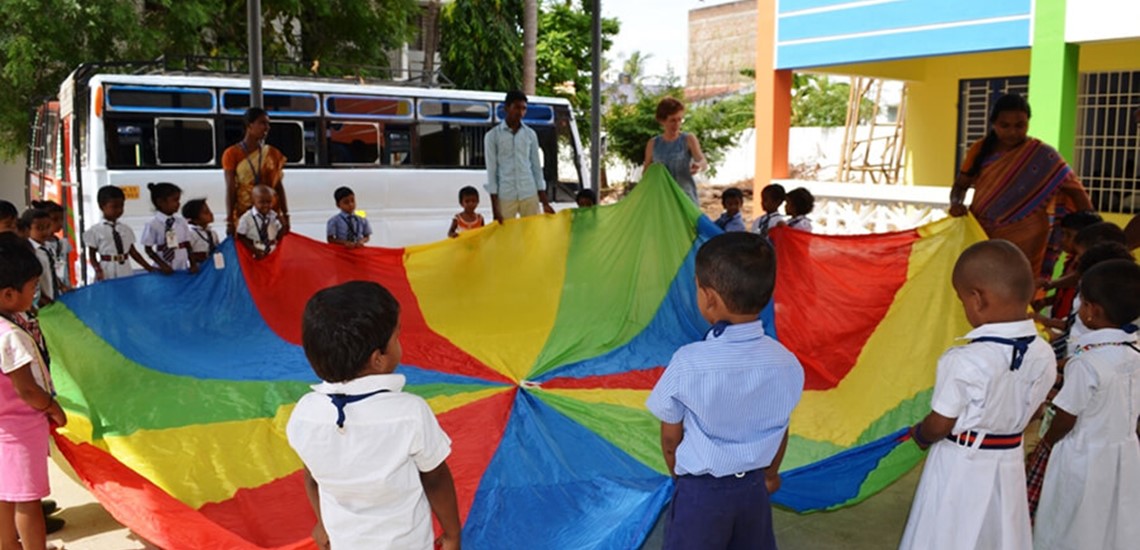Who are Dalit Children ?

Who are Dalit children? Why do they need a special education?
Dalit is a designation for a group of people traditionally regarded as untouchable in the Indian caste system. India's caste system assigns individuals a certain hierarchical status. Traditionally, there are four principal castes (divided into many sub-categories) and one category of people who fall outside the caste system—the Dalits. As members of the lowest rank of Indian society, Dalits face discrimination at almost every level: from access to education and medical facilities to restrictions on where they can live and what jobs they can have. The discrimination against the Dalits is especially significant because of the number of people affected; there are approximately 167 million Dalits in India, constituting over 16 percent of the total population.
As a result, Dalits and their children are banned from full participation in Indian social life. They are physically segregated from the surrounding community. For example, they could not enter a temple or a school and are required to stay in the out skirts of the villages. Having been ostracized and prevented from getting educated dalits are forced to involve in leather work, and as street sweepers, cobblers, agricultural workers, and manual "scavengers". The latter group, considered the lowest of the low and officially estimated at one million, traditionally are responsible for digging village graves, disposing of dead animals, and cleaning human excreta.
This takes the toll on the education of their children where they are prevented from getting a quality education due to the high level of poverty inflicted upon them which is almost a vicious cycle.
In a normal Indian education system in rural areas, the dalit children undergo the diverse spheres of school life where social relations and pedagogic processes fail to ensure their full participation. Keeping abreast the socio-historical experience of disadvantage that these communities have experienced as a result of caste discrimination, it is important to bear in mind the manner in which caste identity continues to impinge on their education and seeks immediate attention to be redressed.
Help up move ahead
There are various ways for you to get involved!